With October around the corner the cyclical truth that summer cannot last forever has probably come home to roost. Labor Day has once again come and gone and for many teens that means they are back in high school. For some, returning to school is something to look forward to with catching up with classmates and attending football games, school dances, and all those other rites of passage that are associated with the glory days of youth. But for LGBT teens high school can be a very difficult time laced with bullying, shame, and fear of being persecuted for their homosexuality. High school is not easy and it’s even harder for LGBT students who feel they cannot be who they are and that have to hide their truth. Live Out Loud is a non-profit organization seeking to change all that.
Live Out Loud has set out to inspire and empower LGBT youth by connecting them with successful LGBT adults in their community through an initiative called the Homecoming Project. The concept behind this project is simple -- successful LGBT professionals head back to their own high school to tell their success stories to current students. The purpose is to let students who may be feeling unloved and unsupported about being gay and lesbian know that they are not alone and that there have been people who felt those same feelings many times over before them. By providing positive role models and mentors the Homecoming Project hopes to give support to young LGBT teens that may have no one else to turn to.
One of the most notable past participants of the Homecoming Project includes Dustin Lance Black, the Academy Award-winning screenwriter for Milk and screenwriter of the upcoming Leonardo DiCaprio starrer J. Edgar. Live Out Loud produced a short film that aired on PBS in February of 2011, which documented Black’s experience:
SheWired chatted with Black about his involvement with the Homecoming Project, what it meant to him and why it is so important to get out there and never accept the status quo.
SW: How did you get involved with the Homecoming Project?
Lance Black: Leo (Preziosi) called me up --he runs the Homecoming Project and Live Out Loud. He asked me where I was from and I told him that I went to high school in Salinas, Calif., and he started feeling me out asking what that experience was like and I told him it was an incredibly conservative atmosphere and that most of the students were Catholic, Latino, and it was not particularly accepting, much like any high school really in the early 90’s.
The conversations had not yet begun at that time that would have created an accepting environment for any gay/lesbian kid so my experience was much like most gay and lesbian kids, which was to stay in the closet for safety’s sake. And those that would have figured you out, and of course there were those they did, said things that were negative and would attack you. And that certainly happened in my high school. It was a tough high school. We had a lot of gang activity. We even had a teacher that was shot my junior year, so it was a place that you knew you had to keep yourself safe. And I think that appealed to Leo as a way we could check in and see how things might have changed and to see if we could create some change in an environment like that. So after thinking about it for a day or two I said, “Sure, I’ll go back to North Salinas High School,” which I had not been back to since the day I graduated.
What were you feeling when you revisited your high school being the man you are today vs. the young man that walked the hallways of that school so many years ago?
I was very nervous going back. I think more nervous because it brought up all the emotions that used to come up whenever I walked through those front doors. I was always scared to go to school there. I never felt welcomed there. So inevitably those feelings come back up. You see the school, the school colors, you see some of the students hanging out front and you remember when you were one of those students. And you remember what that isolation was that you felt. So those feelings were definitely creeping up as I drove down from San Francisco that day and then approached the front doors of the school. I didn’t know what I was walking into and as much as I knew I was a big grown man now and could take care of myself those fears still crept up.

In your speech to the students that is featured in the documentary, you seem so at ease. At what point from when you arrived at your school did you feel comfortable being there? They kept me pretty isolated from the students right up until I was suppose to speak in front of the entire student body. I guess they decided to cancel the period right before lunch, so they had everyone come into the gymnasium, and it’s a big school so it’s packed with thousands of students and I’m standing in a waiting room outside of the gym. Now this is the gym that I did PhyEd class in everyday, and P.E. is one of those strange testing grounds for the gay and lesbian community, or it was for me (laughs). Anyway, I could hear the thousand of kids and I believe part of the introduction for me was that they played the video of my accepting the Academy Award, and in that, it is pretty clear I’m a gay guy. So I basically came out to that high school in a video before I even entered the room. I could hear the response to that and it seemed really, really positive. And then the moment when they said my name I walked in and thousand of high school kids -- who looked a lot like the kids I went to school with--stood up and gave me a standing ovation, so at that moment I knew I was okay.
More on next page...
\\\
(continued)
That’s fantastic that you had the chance to speak the entire student body. I wasn’t sure from watching the documentary what the makeup was of the audience and whether it was all LGBT students and allies or everyone.
Yeah, it was every student from the school and certainly most are straight and most still come from conservative homes and mostly Latino. It’s what it was when I went there which – which was great for me. I learned how to speak Spanish and can still speak Spanish fluently to this day. But that might mean that they come from communities that aren’t traditionally accepting so it was great to talk to everyone.
Were there other gay students when you were in high school that you knew of?
Well no one was out in my high school. Not to date myself too much but this was pre – Pedro Zamora on The Real World, this was pre-Ellen, this was pre-Will & Grace, and so this idea of being out and being accepted certainly hadn’t made its way to Central Valley, California. There were people that I thought might be gay and lesbian; you know you can sort of see the people in your family, you can identify in them what you know you’re both dealing with. One of them was a senior when I was a freshman and we were really close friends. We never told each other we were gay or that we had those thoughts or feelings, and he and I moved to the same college together years later and still never told each other. It was not until I was 21 that I came out to him and we are best friends to this day. But we weren’t brave enough to even tell each other back then.
How much have times changed in North Salinas? Are they more accepting today of the LGBT community than when you went there?
Well, I think kids do feel safe enough to come out. We had one young man come out at that assembly and it was very touching for me because he had also been raised Mormon, which I was as well. I know the challenges connected to that as well, so for him to feel safe enough to find community in his school knowing that he might be going home to an environment that might not be accepting -- to know he has that community at school was very touching. It is such a huge sea change. And really the audience’s response to his coming out -- there weren’t any awkward giggles or forced applause. He got the second standing ovation of the day. These kids are sophisticated today. They realize now that this is not a choice and they also are informed enough to feel empathy for the bravery to do such a thing. If that is happening in Salinas, California then I can only imagine that it is happening elsewhere. It’s what I think is so important about the idea of this Homecoming Project, which is that I think by sending gay and lesbian mentors back to their schools it allows a moment for that recognition to happen. It allows a moment for everyone involved to say, “We want to be one of those schools where gay and lesbian people can survive and thrive as they get older and we want to be supportive of these kids.”

What do think makes the impact so much stronger in going back to your high school as opposed as you just speaking at any high school in any city or town?
Well, the impact is incredibly emotional for the person returning, but I also think it’s most important and most meaningful for the kids in that school because I think it’s so easy in this gay and lesbian fight for equality and acceptance for the outsiders to say, “Oh, those are other people” or “this happens to other peoples families” or “this happens to only people in the cities” or “only people in liberal homes.”
It’s always easy to push it off as the “other.” I think it’s important for these kids to see and be able to say, “Wow, this kid grew up around the corner from me, and he went to the same classroom for English. He had the same teacher I had, and look, he was gay or she was lesbian and he did all right and he survived.” And I think it gives hope in a far more tangible meaningful way to the gay and lesbian kids out there and I think it really brings it home for the straight kids and potential bullies to say, “Hey ,you know what? I’ve got to be good to these people. These are real human beings. These are real people, and if he used to go here then I am sure there are gay and lesbian students here now as well and their lives have incredible worth and value.”
More on next page...
\\\
(continued)
What can and should students be doing day-to-day in their high school to promote harmony between gay and straight classmates within the confines of the school?
I think having gay and lesbian mentors is huge. I think nothing that dispels those myths, those lies, those fears, those stereotypes, than meeting actual gay and lesbian people, especially ones that these kids might admire and have something to offer. And then they see value in respecting gay and lesbian people. Bringing in gay and lesbian mentors is incredibly valuable. I will also say that when visiting my school one of the things we did while I was there was leave something lasting. And what they didn’t have in North Salinas HS is Gay/Straight alliance so that day we started one with the help of GLSEN.
What advice would you give LGBT students heading back to school in the next few days who might be feeling shame or fear about who they are?
I think it’s so different from school to school and environment to environment unfortunately. And the laws of the land are different too from school to school and state to state and that’s hugely unfortunate. But what they can do, and what I want them to know, is that there are gay and lesbian people everywhere. I don’t care how conservative your school is. There are gay and lesbian students everywhere. And if they are starting to feel isolated they need to do the work to reach out. Find those allies in your school -- you can find them because they are there. It is likely there is a gay or lesbian teacher teaching at your school. Go find them. And if you don’t have a gay/straight alliance in your school, do the social media work. You can go places like TrevorSpace and you can find the people in your community who are gay and lesbian and find those allies, find that support group and from that draw strength. At the very least make sure you have a support group in your school.
Would you go back to North Salinas again in a few years to affect a new generation of HS students?
If they’ll have me I’ll go back every year. I love it.

Harvey Milk was your hero and inspiration growing up. Are you able yet to really wrap your brain around the concept that to someone and to many someones you are their inspiration? You are someone’s Harvey Milk?
No, no, that’s… too big. No. (laughs) I… no.
You have a few projects coming out, a new film J. Edgar and you just had a one night-only stage reading of your new play 8. Can you tell us more about these projects?
8 is a play based on the federal trial here in California against Proposition 8, which would take marriage equality federal, meaning nationwide gay marriage in every state and county. And that was a one-night benefit for AFER (American Foundation for Equal Rights), my foundation, which fights for federal marriage equality. And it was quite a star studded little cast, we have the likes of Marisa Tomei, Morgan Freeman, John Lithgow, Matt Bomer…
The play itself is a gift. It will now and forever go 100% toward marriage equality– it’s a passion project.
And J. Edgar comes out Nov 9th. We have Leonardo DiCaprio and Armie Hammer playing J. Edgar Hoover and Clyde Tolson, who have been rumored to be more than just pals and coworkers. And I take those rumors on and confirm many of them, deny a few of them, and certainly explore them in a deep way.
It is not necessary to famous, wealthy or even inventor of something as mind blowing as the Post It Note to be a Homecoming Project speaker. You just need to be someone that students can look to for support. Consider what it might have meant to you if someone you could relate to came back to your high school and let you know that you are not alone and there are people out there that are just like you. For more information on the Homecoming Project and information on how to participate check out the Live Out Loud Homecoming Project website.
Follow SheWired on Twitter!
Follow SheWired on Facebook!
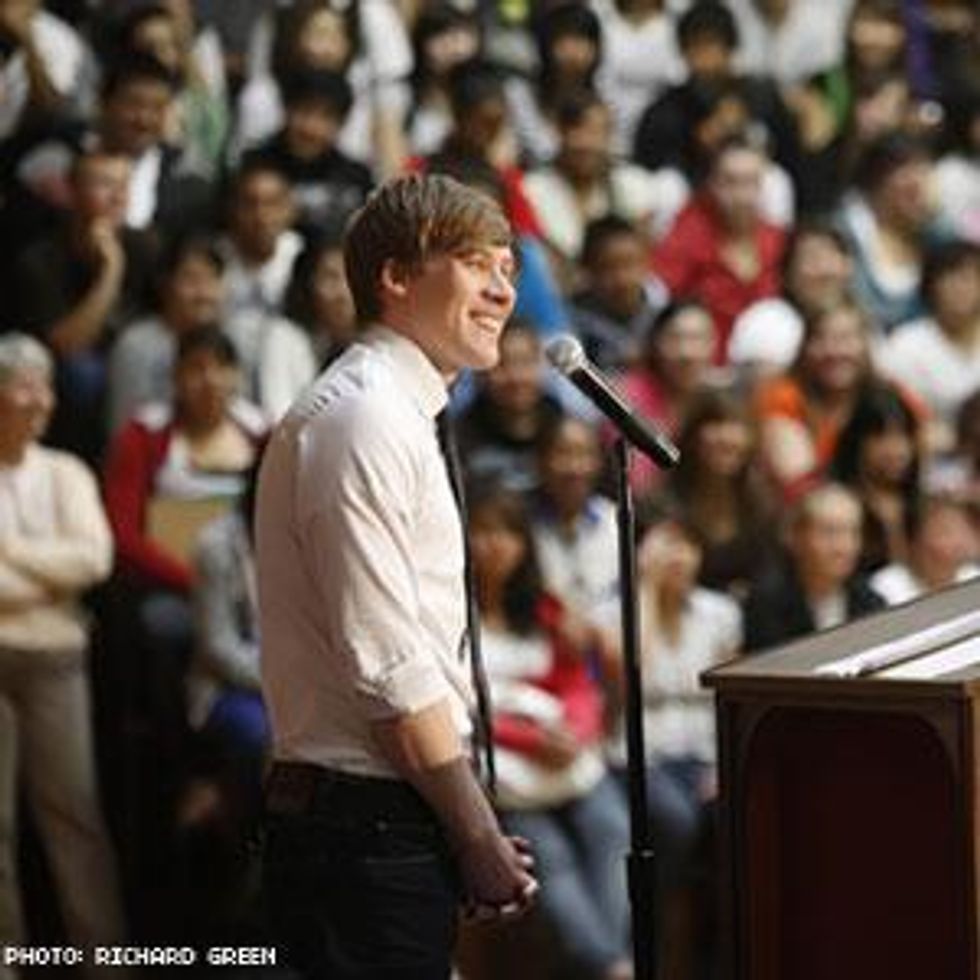








































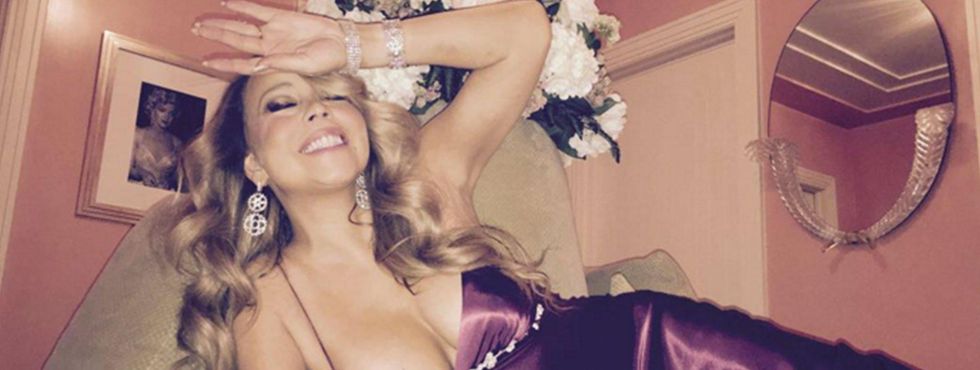
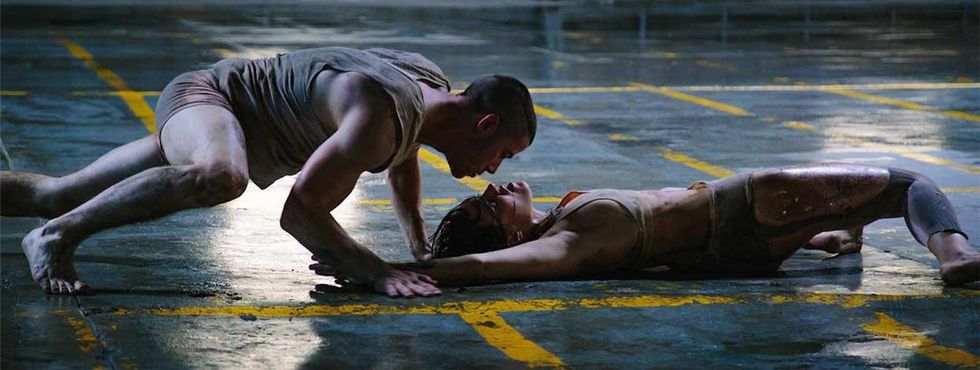
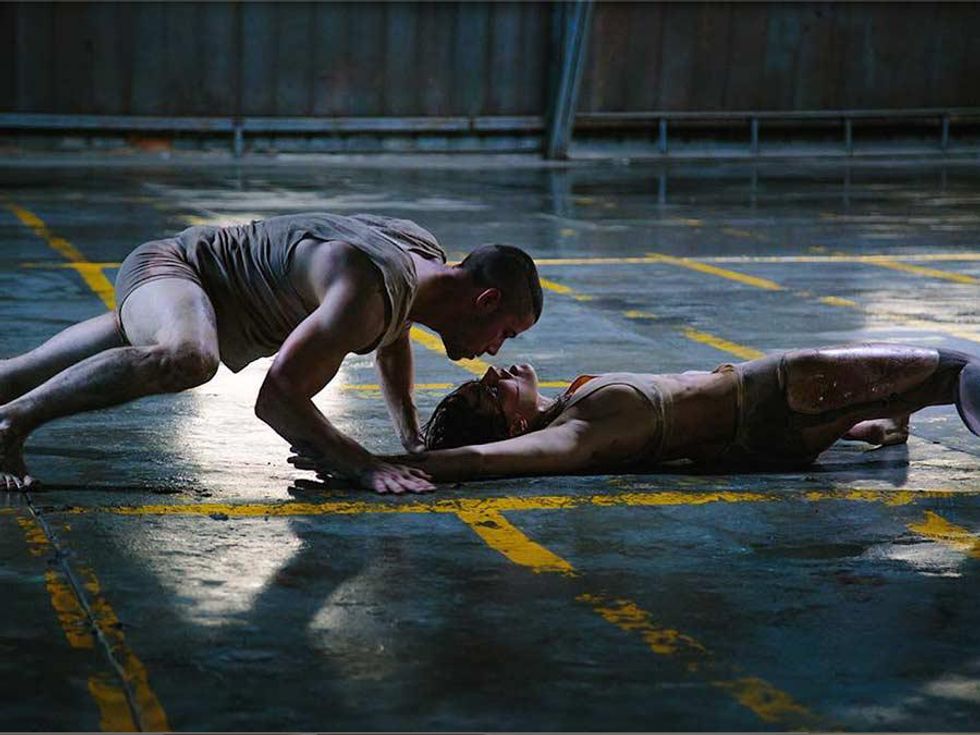

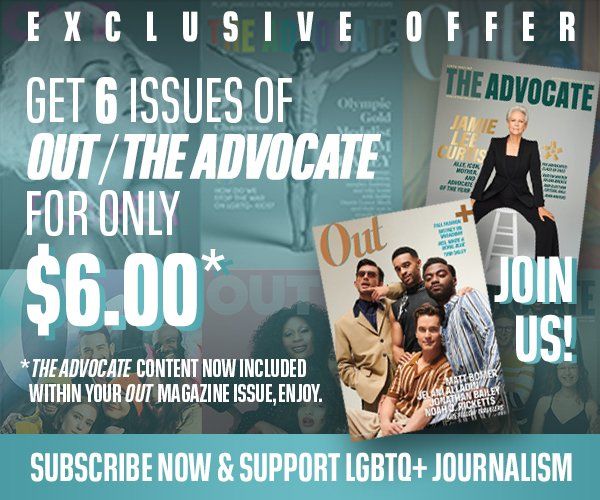
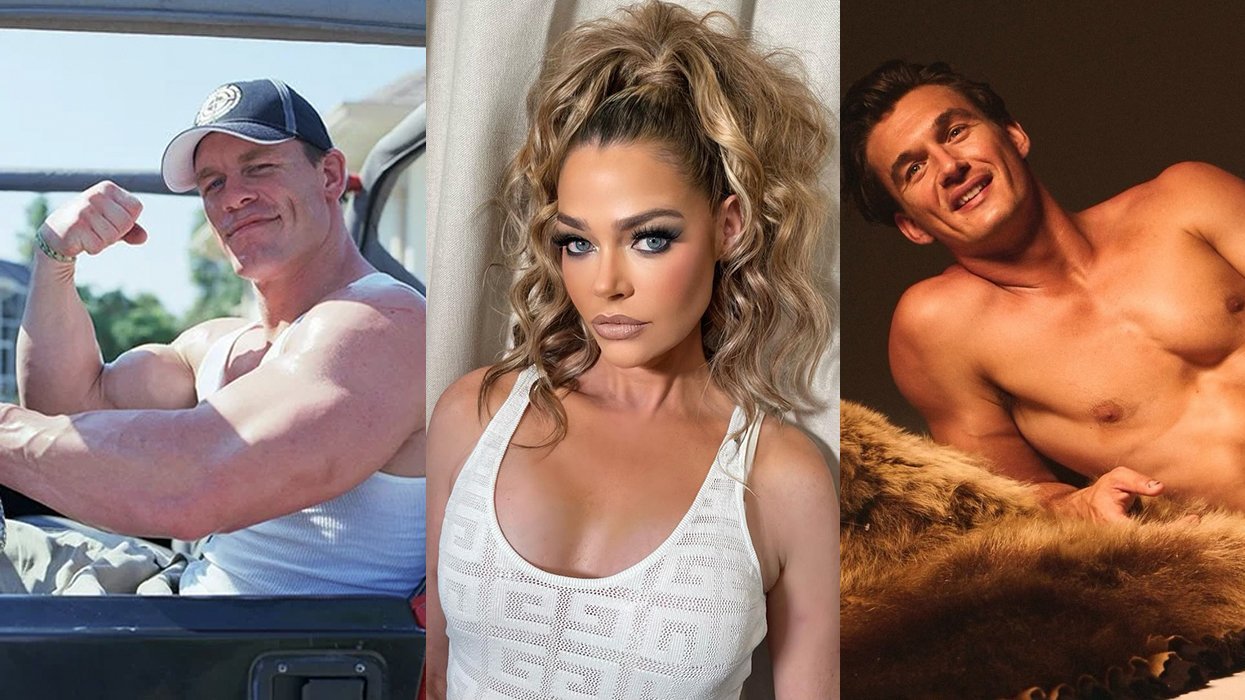
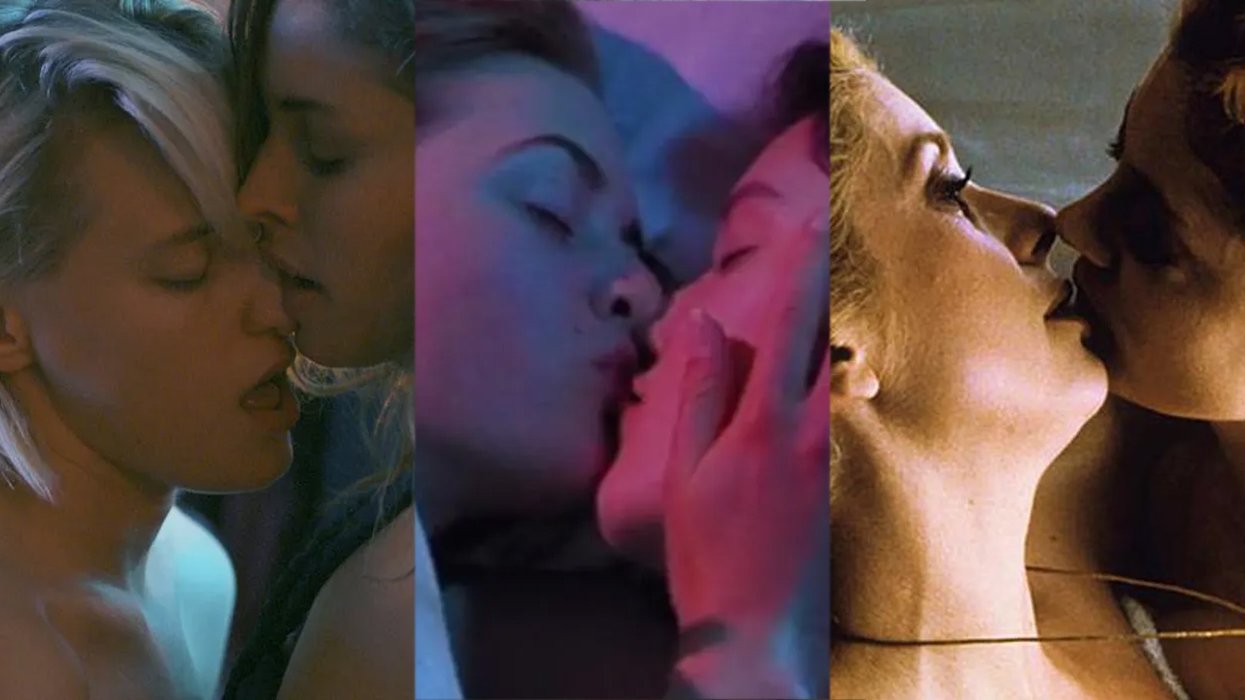
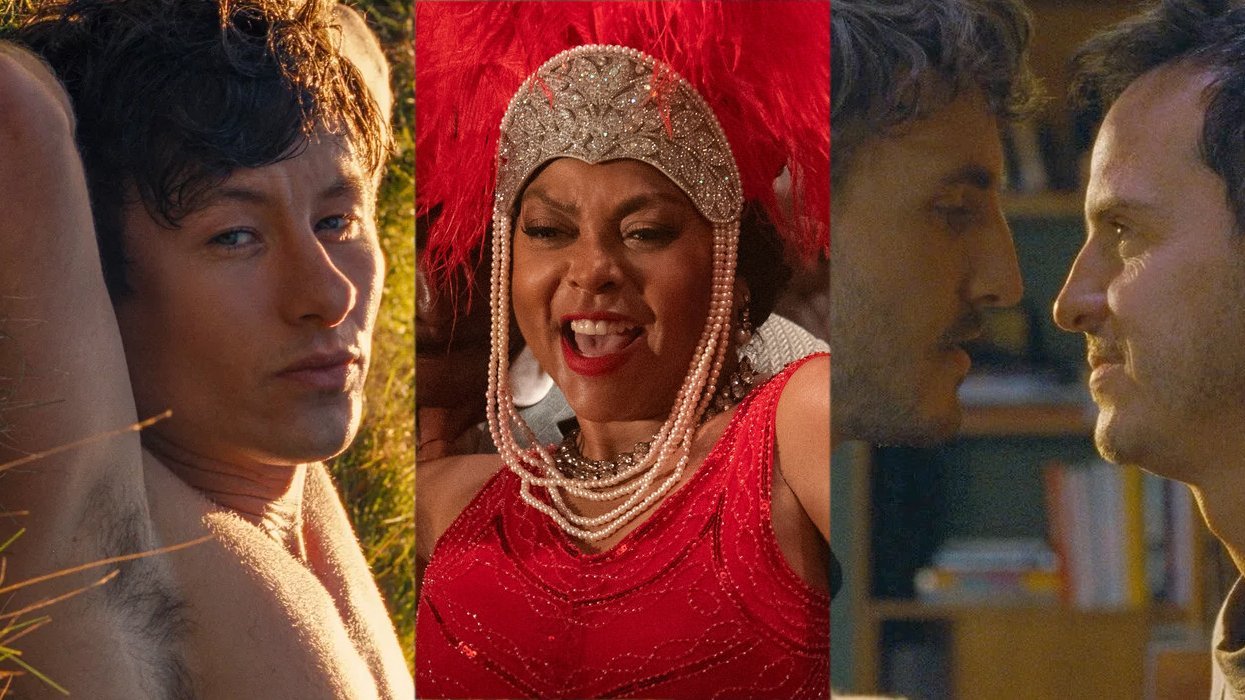
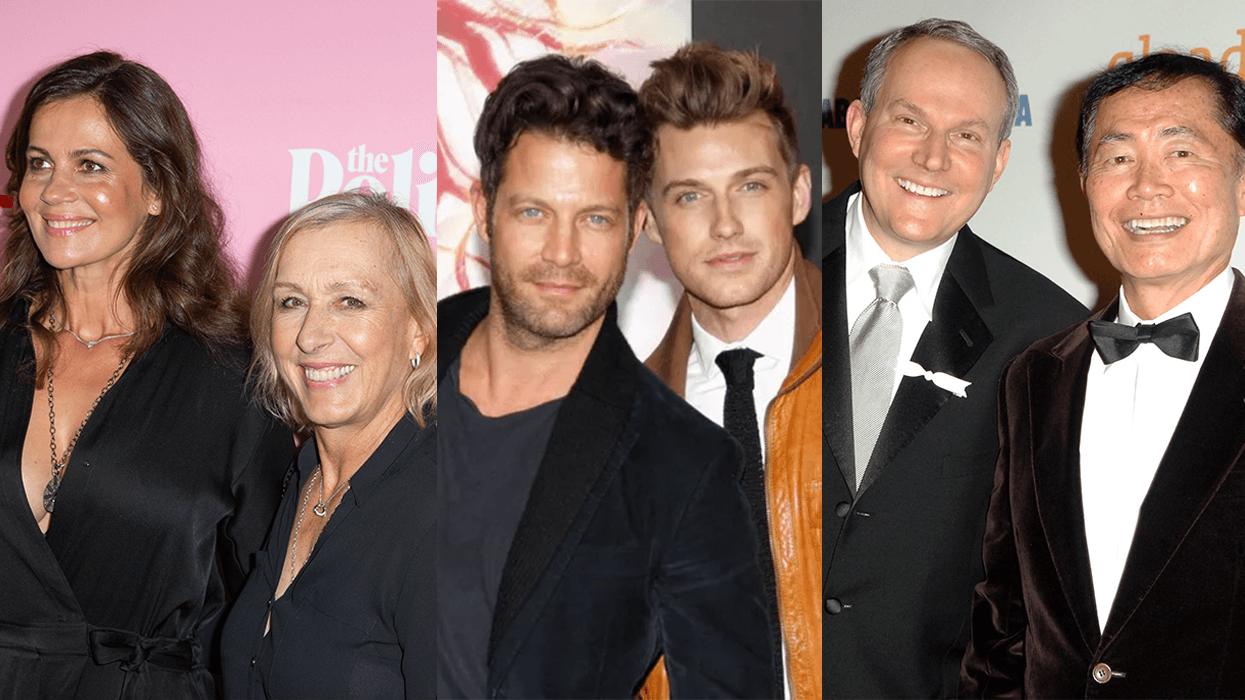

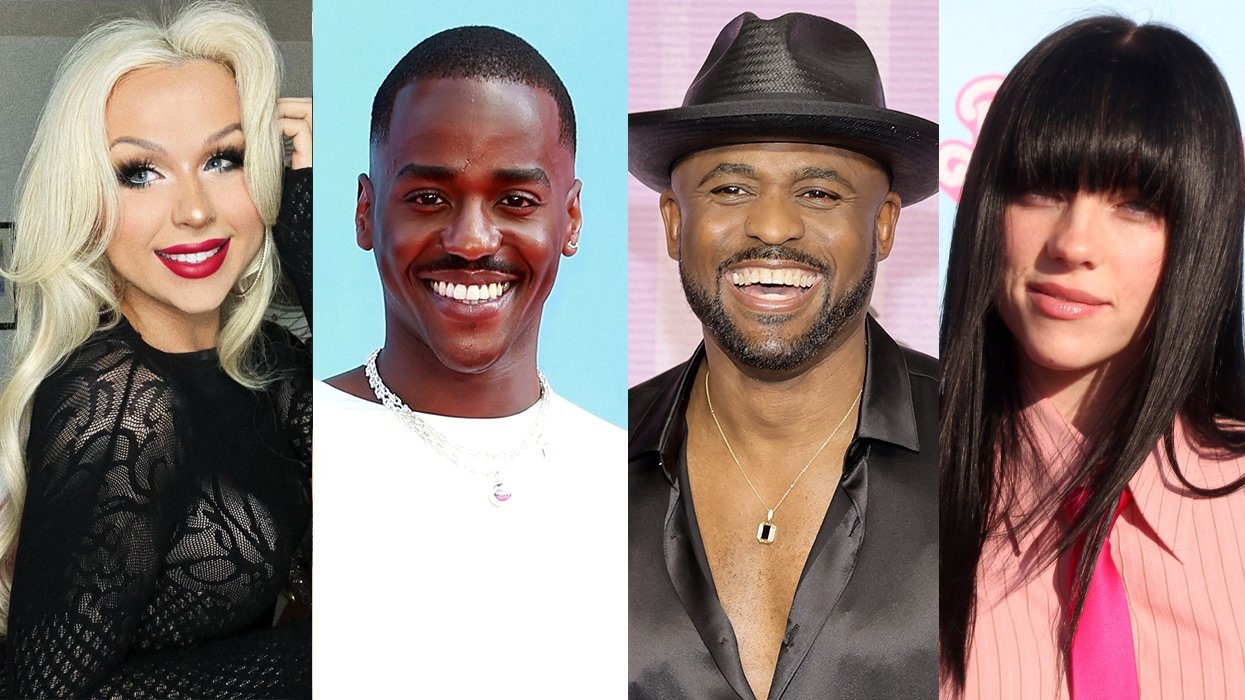
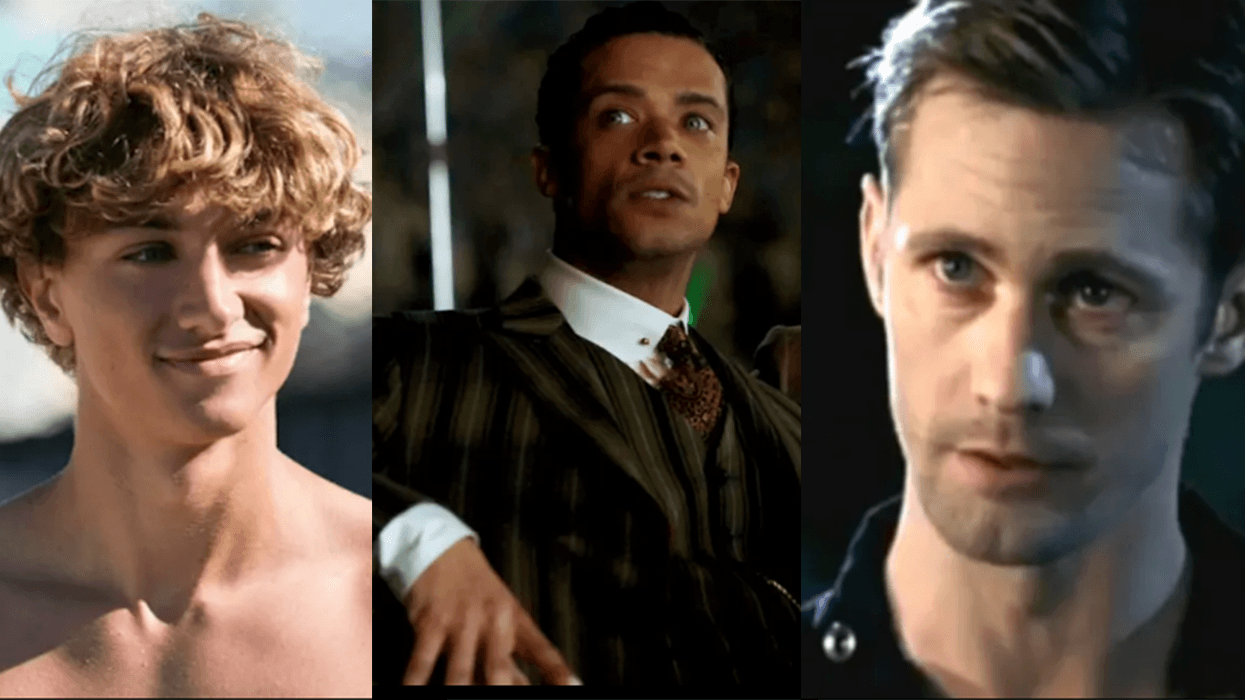
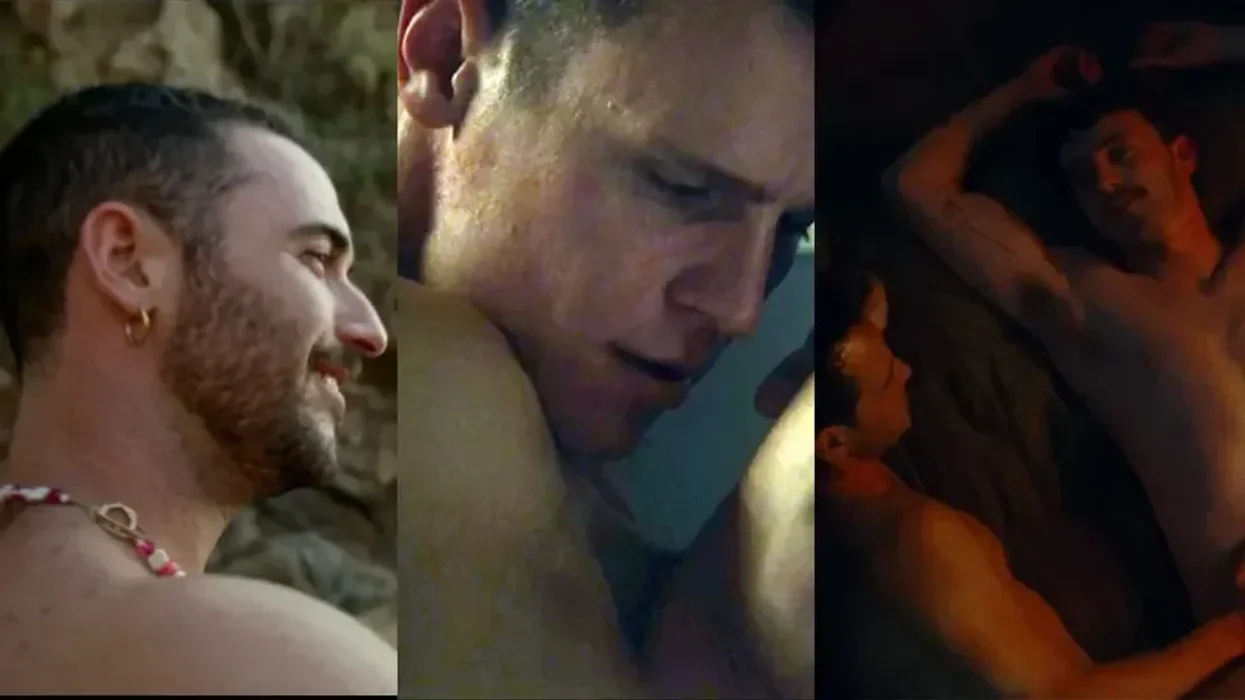
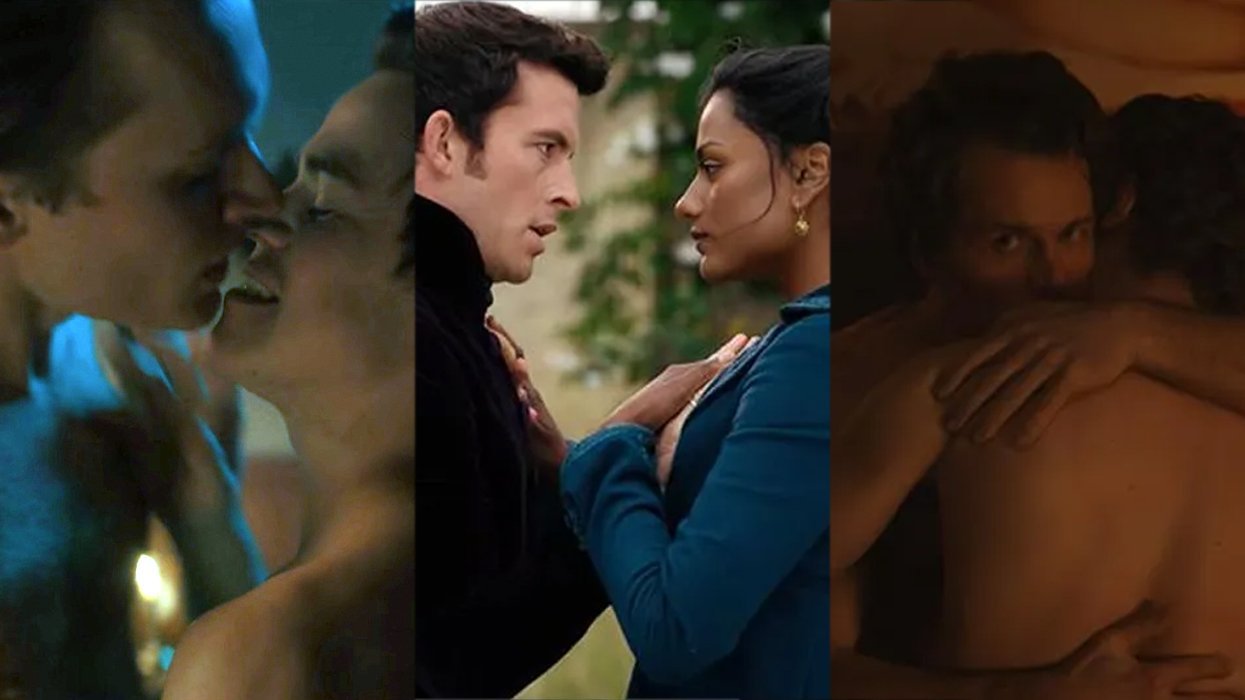
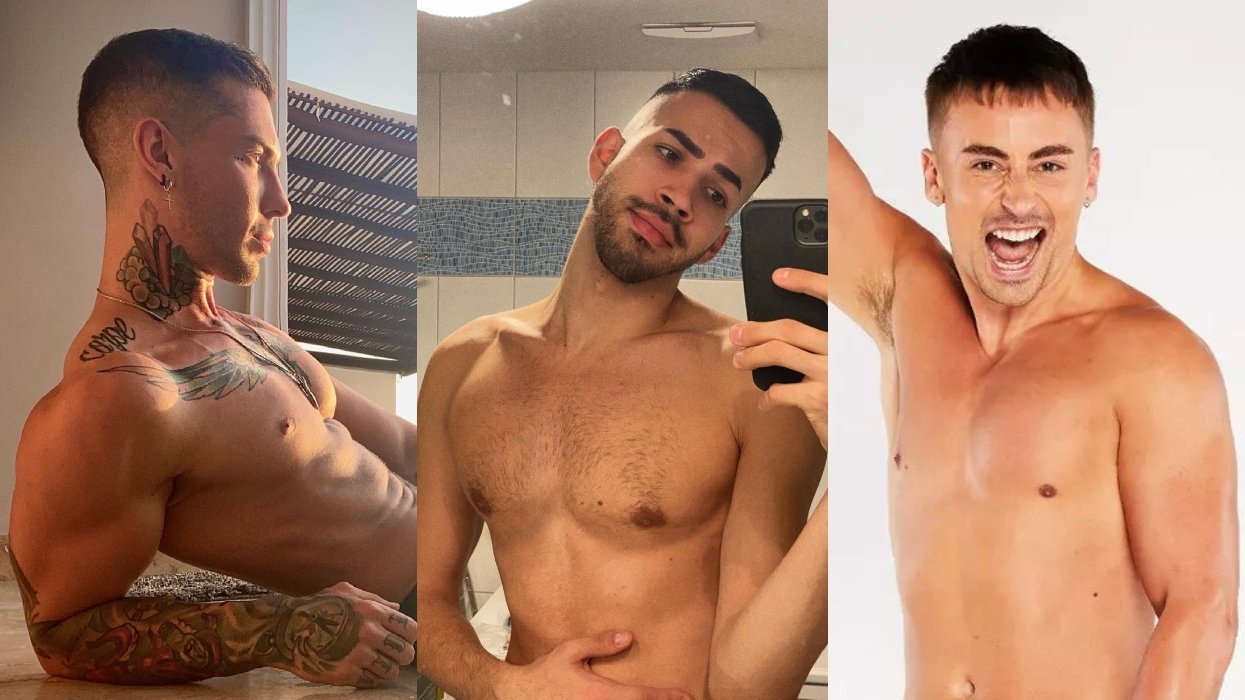
















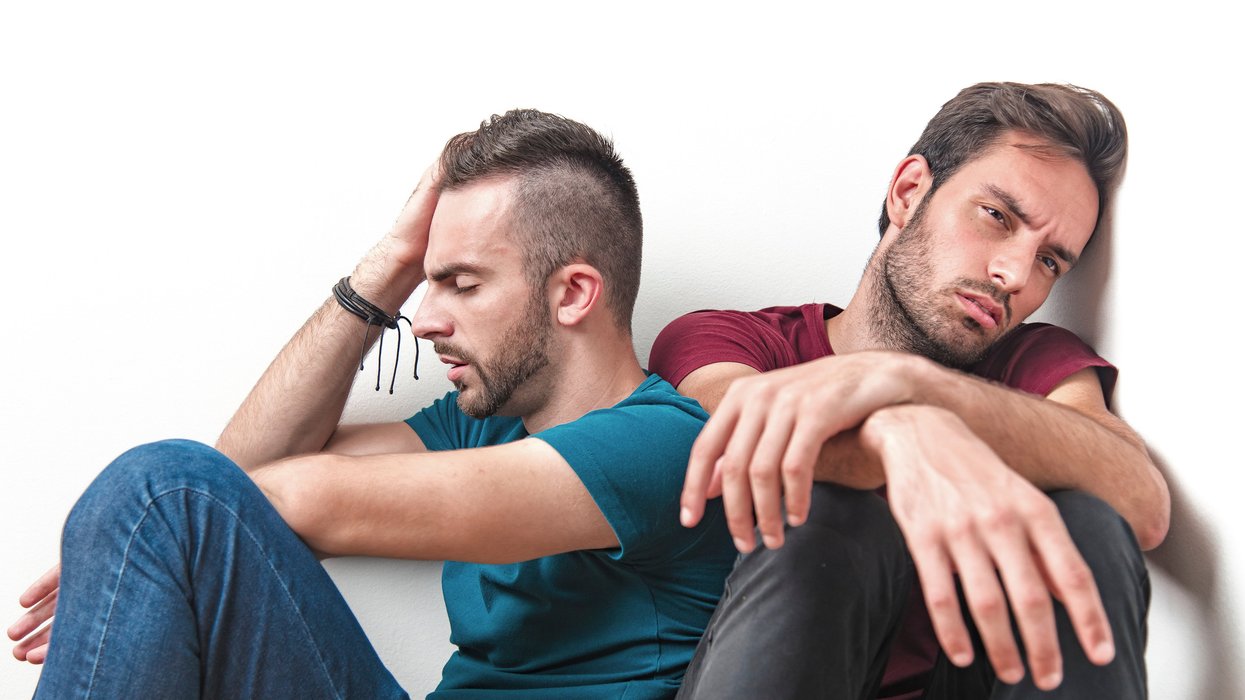
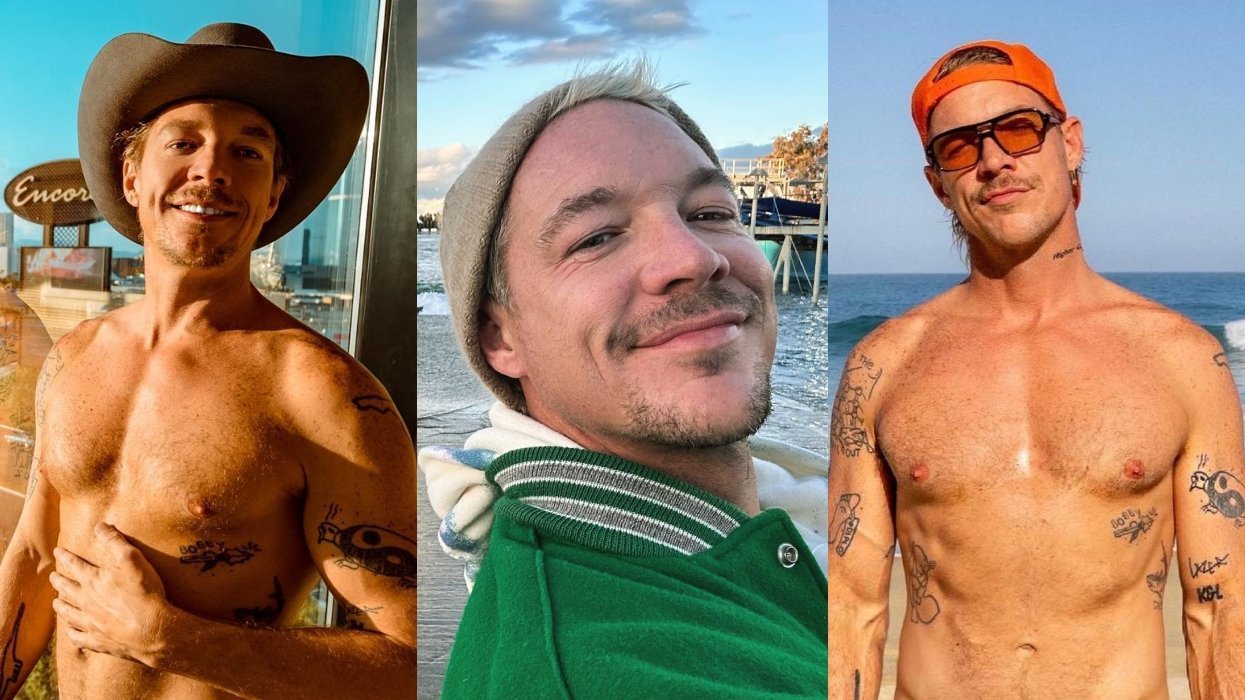






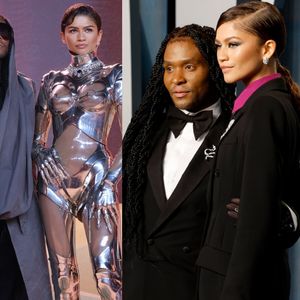






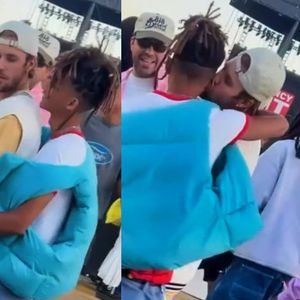










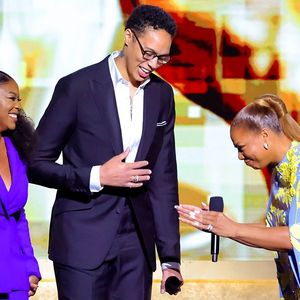
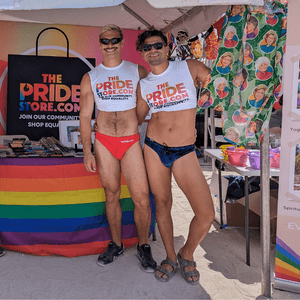


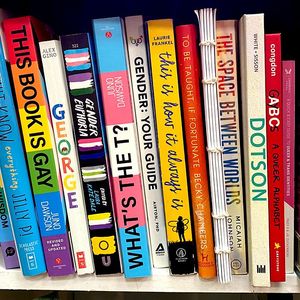








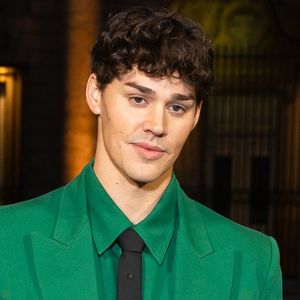







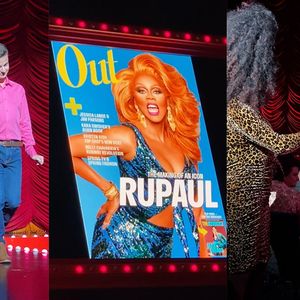
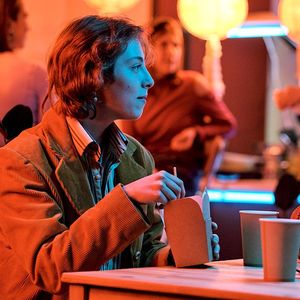
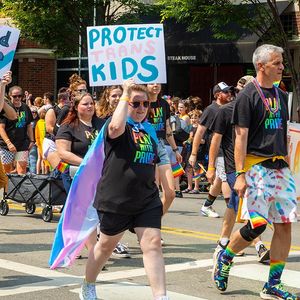


Justin Bieber, Jaden Smith, & Noah Beck kissed their bros & Twitter melted down, it's 2024 y'all